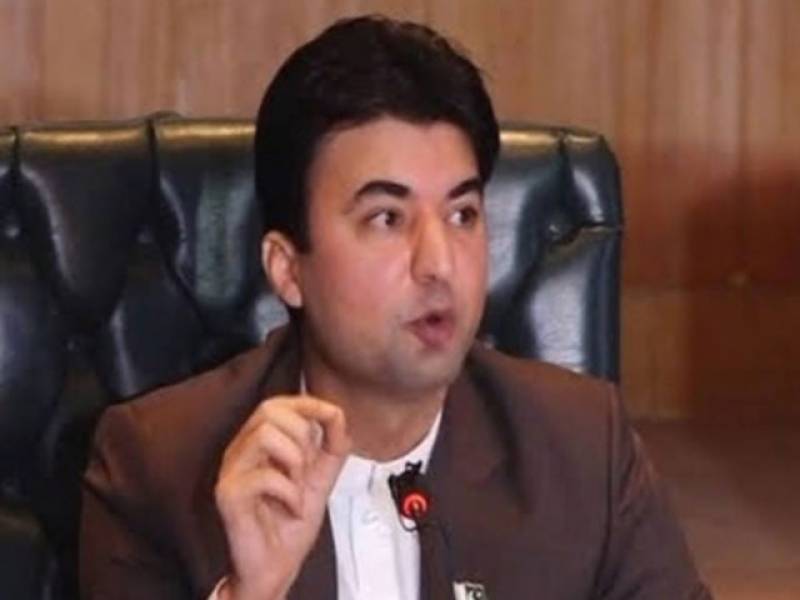Humayun Khan
PESHAWAR: Former Federal Ministers and Pakistan Tehreek-e-Insaf leader Murad Saeed and Senator Azam Swati approached Peshawar High Court (PHC) seeking provision of record of cases registered against them as well as police raids on their residences.
The writ petition filed by Insaf Lawyer Forum (ILF) Coordinator Qazi Anwar while stated that police conducting raids on PTI’s leadership residences and harassing despite they are law abiding citizen as well as served higher public offices.
The petition argued that former ministers had approached competent authorities/forums for obtaining record of First Information Reports (FIRs) lodged against them and seeking arrest’s warrant during raid at their residence but to no veil. The petitioners seeking obtaining record to contest the charges imposed in FIRs against them before Court of Law and fair trial is ensured by constitution of Pakistan as right of every citizen, the writ argued.
However, both former ministers are deprived from their constitutional right by didn’t providing record of cases registered against them while pleaded to produced the record before court, the petition added. Chief Secretary Khyber Pakhtunkhwa, Secretary Home and Inspector General of Police made respondents in the writ petition while pleaded to stop defendants from arrest of PTI’s leaders and direct to produce record of FIRs and arrest’s warrant before court. The writ further besought to stop respondents from raids on petitioners’ residences and harassment of former ministers while hearing is expected in upcoming of the petition at High Court.
Meanwhile, PTI’s workers knocked the doors of PHC against inclusion of Army Act and Official Secret Act clauses against protesters booked for violence occurred on 9th May after arrest of Imran Khan in alleged corruption case.
The petitioner named Gul Raj along with 27 other PTI’s activists approached High Court seeking to declared imposition of Section 59 of Army Act 1952 and Official Secret Act 1923 unconstitutional and illegal.
The petitioners are booked for violence, damaging public property and destroying national emblems at City Police Station Mardan but police has included Army Act and Official Secret Act in the FIR which is declared unconstitutional by apex court while pleaded to remove the relevant sections from the case.
Although, Special Anti-terrorism Court Peshawar has granted bail to 80 PTI’s workers involved in burning Radio Pakistan Station and attacking Election Commission of Pakistan (ECP) Khyber Pakhtunkhwa office while turndown bail’s pleas of two Afghan’s nationals involved in damages and violent protests, on Thursday.
According to prosecution, police has booked 82 persons for violent protests on 9th and 10th May which had damaged and destroyed public building and burnt government’s offices in the premises of East police station Peshawar Cant. However, the court was informed that neither CCTV footage is nor Call Data Record (CDR) is available while police has failed to ensure recovery from accused and established commencement of crime with inmates put behind the bars in the offense.
Special court granted bail to 80 protestors while turndown of two Afghan nationals allegedly involved in the violent demonstration by PTI’s workers after initial arguments. It is worthy to mention that both Afghan nationals failed to produced legal documents for entrance to Pakistan while residing illegally.
AD&SJ grants bail to six PTI’s workers: Additional District and Session Judge Atta Ullah Jan granted bails to six violent protesters allegedly burning goats and sheeps alive at Chargano Chowk while destroying cattle market in ferocious protest after arrest of PTI’s chairman in alleged Rs60 billion case by National Accountability Court (NAB), on 9th May.
According to prosecution, violent protestors burnt Malagori market which serves as a cattle market in which several animals were burnt alive while various cattle robbed by bandits while PTI’s activists along with culprits were nominated in the offense under Section 427 and 436 of Criminal Procedure Code.







